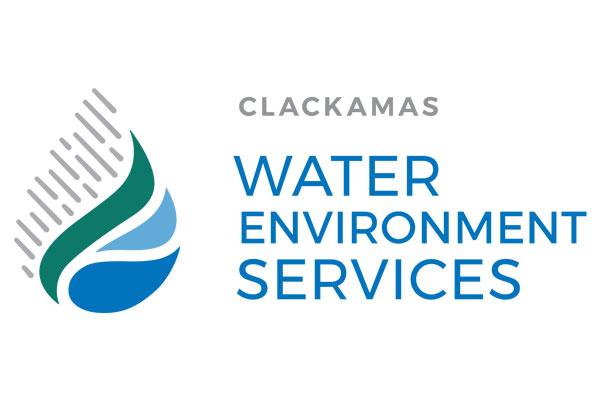What are biosolids?
The wastewater treatment process separates solids and water, after which clean and disinfected water is discharged to a neighboring water body, the solids are carefully processed in anaerobic digesters to meet state and federal regulations. This further processing converts the dewatered solids into a useful, slow-release fertilizer, which contains a range of plant-essential nutrients such as nitrogen, phosphorus, sulfur, and potassium. Biosolids also contain small amounts of other important minerals such as magnesium, manganese, iron, zinc and calcium. Not usually found in commercial fertilizers.
WES currently recycles biosolids for beneficial use on dryland wheat farms in Eastern Oregon. Biosolids add valuable organic matter to the soil as a beneficial amendment. Organic matter provides a food source for soil microbes, increases the ability of the soil to hold water, and improves soil structure.
In addition, biosolids provide climate benefits. They capture and store carbon in the soil, and they reduce the need for commercial fertilizers, which are produced by a fossil fuel-intensive process.
 Translate
Translate






